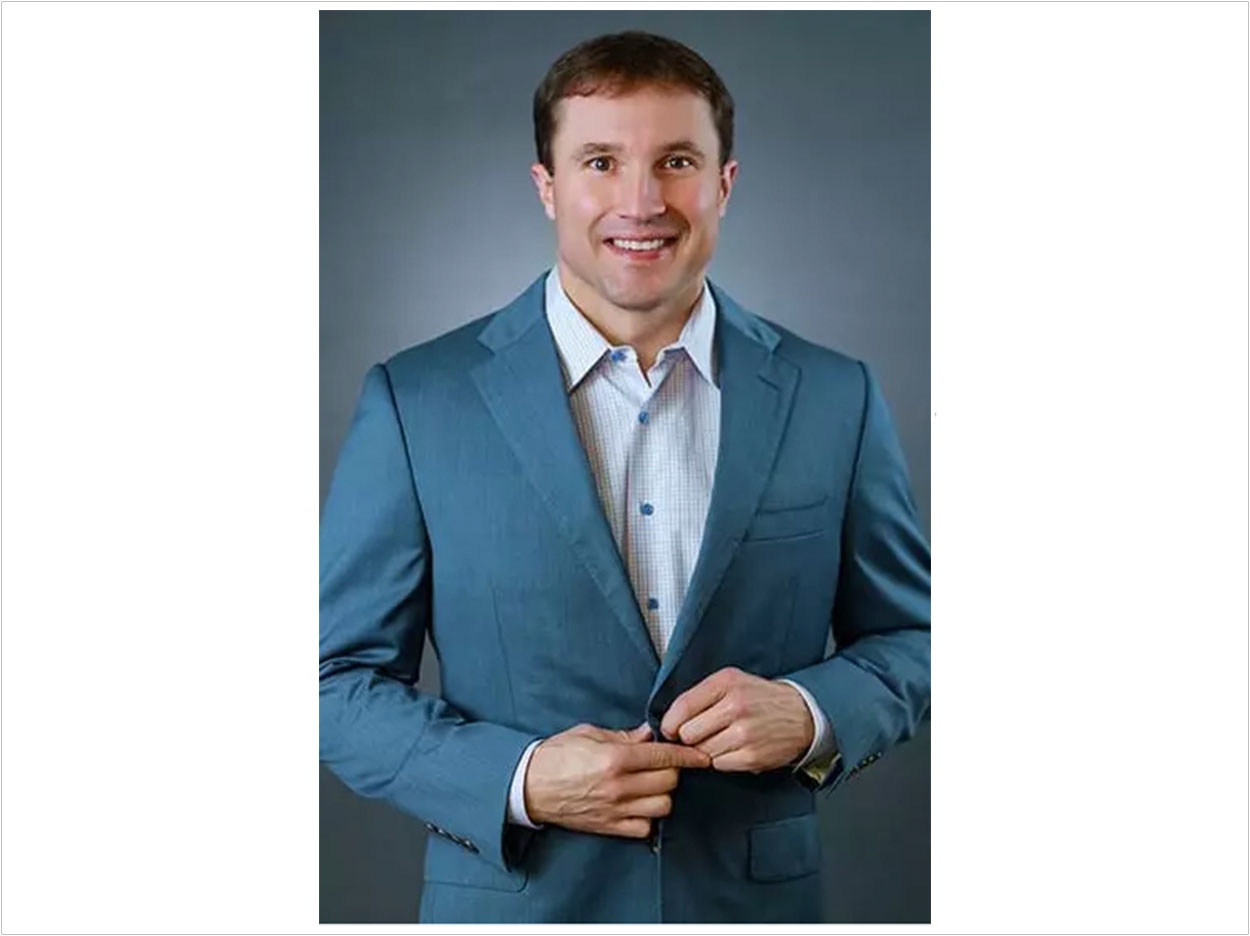
Dr Mark Austin North Carolina: Understanding the Impact of Cleft Palate on Infant Feeding
A cleft palate, which is a condition marked by a gap or split in the roof of the mouth, is not just a cosmetic issue. This facial condition can significantly affect a newborn’s ability to feed. For Dr Mark Austin North Carolina, it presents unique physical challenges. But, with a proper understanding and the right approach, feeding an infant with a cleft palate can be managed effectively.
Observing Feeding Difficulties
A newborn with a cleft palate might show signs of feeding difficulties. These signs can include the inability to latch onto the breast or bottle, feeding for extended periods without seeming satisfied, choking or gagging during feedings, milk coming out of the nose, and fewer wet diapers due to inadequate milk intake.
Specialized Feeding Equipment
Feeding a baby with a cleft palate often demands alternative feeding methods. Specialized cleft palate bottles and nipples are available, aimed at allowing infants to feed through compression rather than suction. These bottles have a one-way valve and a soft, squeezable body, which make it easier for the baby to get milk without needing to suck strongly.
Techniques to Encourage Feeding
An infant with a cleft palate can also be encouraged to feed using positioning techniques. Holding the baby in an upright position and tilting the bottle downward can make it easier for the baby to swallow and can also limit the amount of air they take in during feedings, reducing symptoms of gas or colic.
Professional Help and Intervention
While these techniques and tools can make feeding an infant with a cleft palate easier, parents must seek professional advice from a pediatrician, lactation consultant, or speech-language pathologist who specializes in feeding. These professionals can provide tailored feeding strategies and help monitor the baby’s weight gain and overall health Dr Mark Austin North Carolina.
Surgical Intervention
And lastly, maxillofacial surgical repair of the cleft palate is the solution to normalize feeding capabilities. These specific surgeries are usually performed within the first year of life by an experienced team of specialists, including pediatricians, maxillofacial surgeons, and speech-language pathologists.


